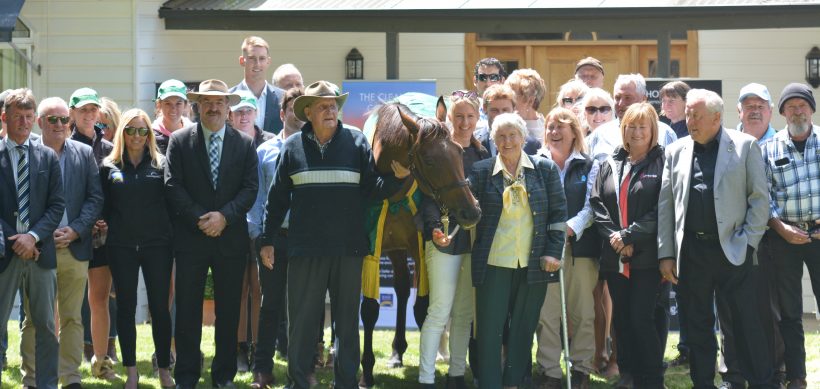Tasmania’s Thoroughbred industry is set to receive a significant boost with a new scheme of financial incentives established to grow jobs and economic activity in the state.
Local breeders and Tasracing have worked with the Liberal government to develop bonuses for racehorses that are born and raised in Tasmania, with the aim that these incentives will stimulate investment in the state’s breeding industry.
A series of 72 races across the state will carry bonuses of $20,000 if the winning horse is locally born or raised and has been registered for the new TasBred Incentive Scheme.
“If we can get more people breeding horses or buying our horses and racing them in the state we are going to create scores of jobs, whether on stud farms, with trainers and all the other areas such as feed, veterinary care and transport that you need with these horses,” said Jenny Watson, president of TasBreeders.
“We believe we have a great industry in Tasmania but we are facing stiff competition from across the country and this is a way of encouraging people to buy our product,” she added.
In the past 10 years, the number of Thoroughbred foals born in Tasmania has declined by almost 50 percent: from 479 in 2006 to 240 in 2016 (the most recent year for which full figures are available). Similarly, the number of broodmares in the state has also dropped from 920 to 501 in that time.
Despite the relatively small numbers, Tasmanian horses are renowned across Australia for their toughness, with gallopers such as The Cleaner, Caulfield Cup hero Mongolian Khan, and multiple Group 1 winner Palentino all starting life on the Apple Isle.
“We’ve got a fabulous history in the state of producing great horses, right back to Malua which won the Melbourne Cup and a host of good races in the 1880s,
through to the likes of The Cleaner and Palentino that have proved themselves with the best in Australia in the last few years,” said David Whishaw of Armidale Stud in the Meander Valley outside Launceston.
“But our breeding industry has been contracting and we need to do something to stop that trend or else the jobs that remain will be in jeopardy,” he added. “We believe this scheme will help encourage investment and lead to more jobs being created.”
Industry modelling shows that by the time a Tasmanian bred and raised racehorse reaches two years’-old it has generated some $34,000 in investment.
The TasBred scheme aims to increase the number of broodmares in the state by 230 in the next six years, with the expected increase in foals of 115 each year. This will generate nearly $8 million extra in economic activity in the breeding sector, with an expected 20 more full-time jobs in that industry alone. A similar increase in jobs in training the horses for racing and associated areas is also expected.
The Liberal government has committed an initial $300,000 towards funding the launch of the TasBred scheme, with a promise of a further $300,000 per year for 5 years if re-elected to Government. The breeders of Tasmanian produced racehorses will also contribute to the program by registering their horses to be eligible for the $20,000 bonuses: registration costs $440 if the horse is sired by a local stallion, rising to $1320 if it was conceived on the mainland but reared in Tasmania.
“The Hodgman Liberal Government is pleased to support our thoroughbred breeding industry with a $300,000 commitment in 2018/19. This is as much a primary industry initiative as a racing one and is an important step forward for the industry,” said Primary Industries and Racing Minister, Jeremy Rockliff.
“This grant is a good incentive for local trainers and will help boost prizemoney to the owners of winning locally bred horses, and will be an important addition to existing breeding schemes”.
Mrs Watson explained the bonus scheme makes ownership in Tasmania competitive with the major racing jurisdictions on the mainland.
“If you own a locally bred racehorse and you win one of the bonus races you will receive more than $30,000 in prize money and bonuses which is a real incentive given it costs much less than that to keep a racehorse for a year in Tasmania,” she said. “In fact, with bonuses, our races are now worth more than most races in Victoria.”
It is hoped the announcement of the new incentive scheme will have an immediate impact at the Magic Millions Tasmanian Yearling Sale on February 15, the auction where most local breeders sell their stock.
TasRacing chief executive Vaughn Lynch said the new scheme was vital to ensuring the ongoing viability of the breeding industry.
He said: “Providing incentives for the breeding industry in the state is important to ensure the local breeding industry can continue to be the major supplier of racing stock.”


